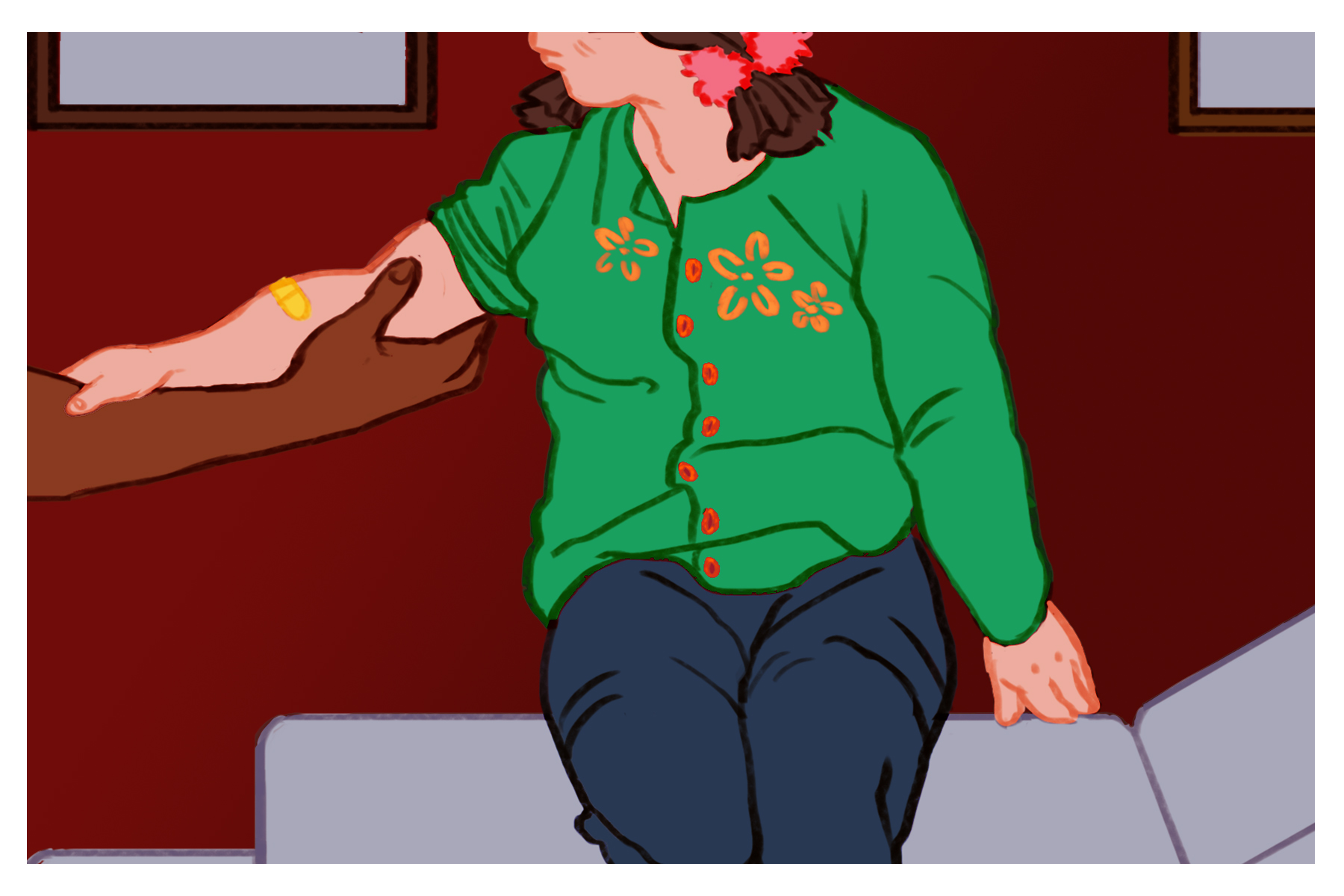As of Dec. 1, the University of Maryland confirmed 22 cases of the adenovirus on the college’s campus, including the death of a freshman student, Olivia Paregol, earlier this year. Many students have recovered from the illness; however, the campuses chronic outbreaks are concerning.
This is not the first case of adenovirus outbreaks in a concentrated area. Back in November, a mass outbreak of adenovirus amongst child patients occurred in a New Jersey health care facility. According to CBS News, between Sept. 26 and Nov. 12 there were 34 cases at the Wanaque Center for Nursing and Rehabilitation linked to the viral illness, including 11 deaths as of Nov. 16.
That being said, the adenovirus typically presents no significant cause for concern to those infected and only has mild symptoms in healthy individuals; on average the virus goes away with over-the-counter medications. However, adenovirus causes illness such as the common cold, sore throats, bronchitis and pinkeye, according to the CDC. The CDC also explains that adenovirus spreads like any other viral infection: through skin-to-skin contact, touching objects that the virus has infected — for example, touching a doorknob and then proceeding to touch your mouth — or airborne, through coughing and sneezing.
At the Wanaque Center, many of the child patients are already severely disabled and have weaker immune systems, which explains how the disease became so deadly. Although, the University of Maryland case remains a mystery in the eyes of the public, as no official announcement of the cause of the outbreak has made it on record. However, according to an article by Amanda Woods with The New York Post, students believe the reoccurring sicknesses on campus are due to a campus-wide mold issue in the dorms. However, The Washington Post released a statement from the CDC that said, “No link exists between mold and the adenovirus.”
As of right now there is not a vaccine available to protect the general public from the adenovirus, only military personnel are able to receive the oral vaccine that protects against Type 4 and Type 7. Both the Wanaque Center and the University of Maryland have reported cases that tested positive for Adenovirus Type 7, which is known to cause harsher symptoms in those with immune system issues. The vaccine can potentially prevent infections in anyone willing to get it; however, there is no plan in the works to let non-military persons receive the vaccine.
According to Healio, the vaccine has the potential to make the disease as preventable as the flu. The article also states that the main reason behind the vaccine only being available to those within the military is that until recently the adenovirus was severely underestimated in terms of the numbers of infected, due to the lack of surveying.
The adenovirus mass outbreak that is killing children and students is entirely preventable. If the vaccine were readily available to all persons and universities required students to get shots, then the outbreak would not be happening, or at least it would be more contained. Universities and hospitals are both places where people are constantly in close contact with one another.
With no official action happening to contain the adenovirus outbreak, individuals must take caution into their own hands. Fighting against the virus when symptoms arise is as simple as washing your hands frequently with soap and hot water; being cautious of touching public objects with bare hands; and, of course, not coming into contact with those infected. These are all easier said than done.
If you contract the virus then stay home, cover your mouth if you sneeze or cough in public and do not share infected objects, or bodily fluids, with another person. Once symptoms have stopped, deep clean with products that fight against viruses. Fighting back can also mean writing to the CDC, local officials or even health care providers about concerns over not having an available solution at this current moment.
Do not put off your health concerns; if you feel something is not right than immediately get it checked out. A cough does not always mean a cough, it may be something more serious, such as adenovirus damaging your respiratory system.













